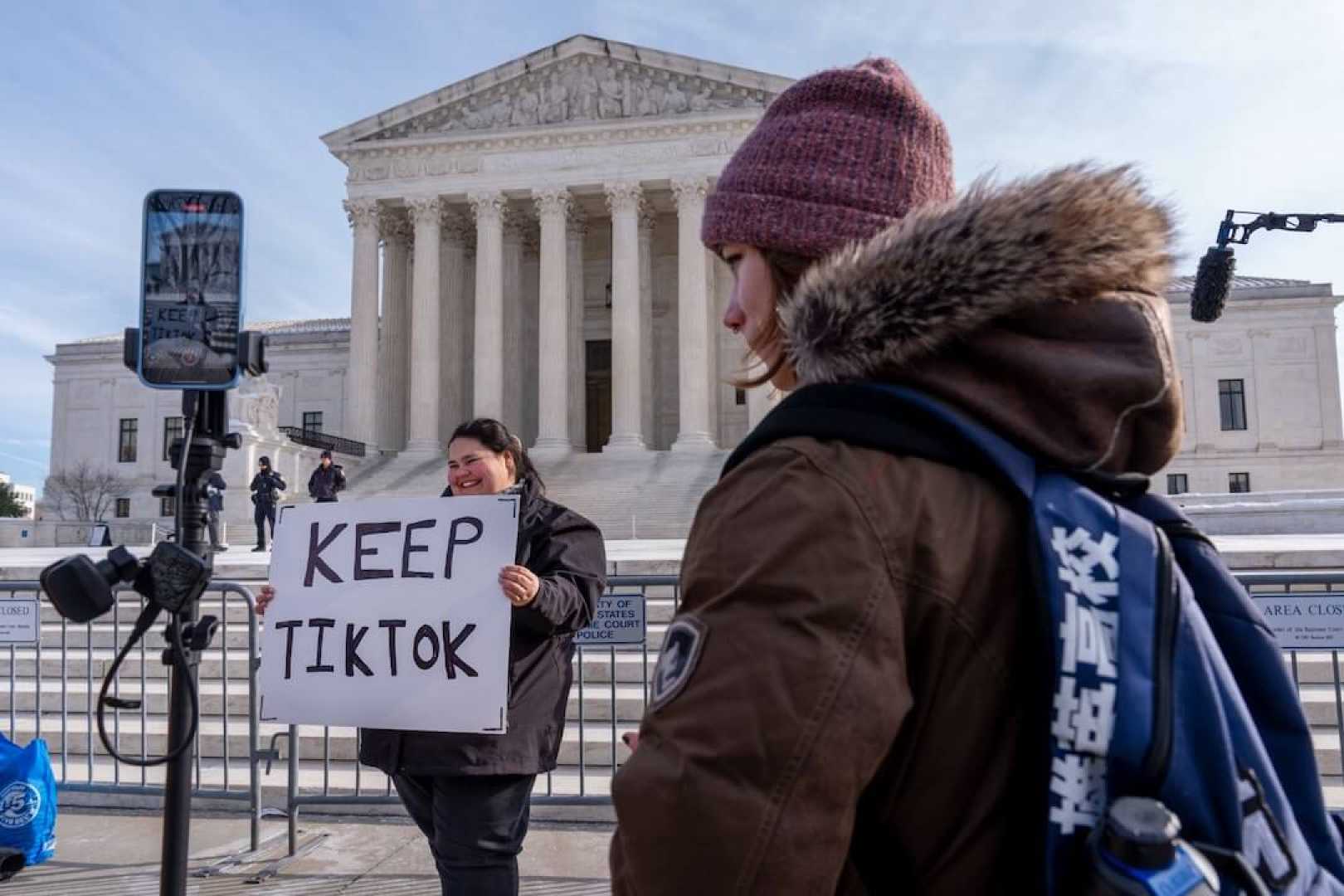Tech
Supreme Court Upholds TikTok Ban, ByteDance Faces Sunday Deadline

WASHINGTON, D.C. — The U.S. Supreme Court on Friday upheld a law requiring China-based ByteDance to divest its ownership of TikTok by Sunday or face a ban of the popular social video app in the United States. The decision, delivered unanimously, sides with the Biden administration and enforces the Protecting Americans from Foreign Adversary Controlled Applications Act, signed into law in April 2024.
ByteDance has refused to sell TikTok, leaving 170 million U.S. users at risk of losing access to the app this weekend. While the app may remain functional for those who already have it installed, ByteDance has threatened to shut it down entirely. The Supreme Court’s opinion emphasized that TikTok’s data collection practices and its ties to a foreign adversary pose significant national security concerns.
“There is no doubt that, for more than 170 million Americans, TikTok offers a distinctive and expansive outlet for expression, means of engagement, and source of community,” the Court stated. “But Congress has determined that divestiture is necessary to address its well-supported national security concerns.”
Justices Sonia Sotomayor and Neil Gorsuch wrote concurring opinions, reinforcing the Court’s stance. The fate of TikTok now rests with President-elect Donald Trump, who in December urged the Supreme Court to delay its decision, allowing his administration to pursue a political resolution. Trump will be inaugurated on Monday, one day after the TikTok divestiture deadline.
Under the law, third-party internet service providers and app store operators like Apple and Google will face penalties for supporting a ByteDance-owned TikTok after the Jan. 19 deadline. Compliance would require removing TikTok from app stores, preventing new downloads and updates.
White House press secretary Karine Jean-Pierre reiterated President Biden’s support for the law, stating, “TikTok should remain available to Americans, but simply under American ownership or other ownership that addresses the national security concerns identified by Congress.”
Critics of the decision, including Kate Ruane of the Center for Democracy and Technology, argue that the ban harms free expression. “Individuals use the app to create, to share information, to get their news, to comment on current issues and promote their businesses – that’s precisely the kind of expression the First Amendment is intended to protect,” Ruane said.
In December, members of the House Select Committee on the Chinese Communist Party urged Apple CEO Tim Cook and Google CEO Sundar Pichai to prepare for compliance. Last week, oral arguments before the Supreme Court saw TikTok’s lead lawyer, Noel Francisco, argue that the law violates First Amendment rights, while U.S. Solicitor General Elizabeth Prelogar countered that TikTok’s ties to China pose a national security threat.
As TikTok’s future remains uncertain, creators are directing followers to alternative platforms like YouTube, Facebook, and Instagram. Instagram leaders have reportedly scheduled meetings to prepare for a potential influx of users. Meanwhile, the Chinese government has reportedly considered options, including a proposal for Elon Musk to acquire TikTok’s U.S. operations.
If ByteDance decides to sell, potential buyers may face a price tag of up to $50 billion, according to CFRA Research Senior Vice President Angelo Zino.












